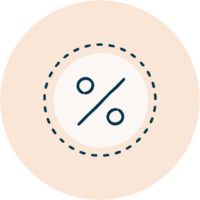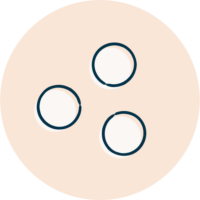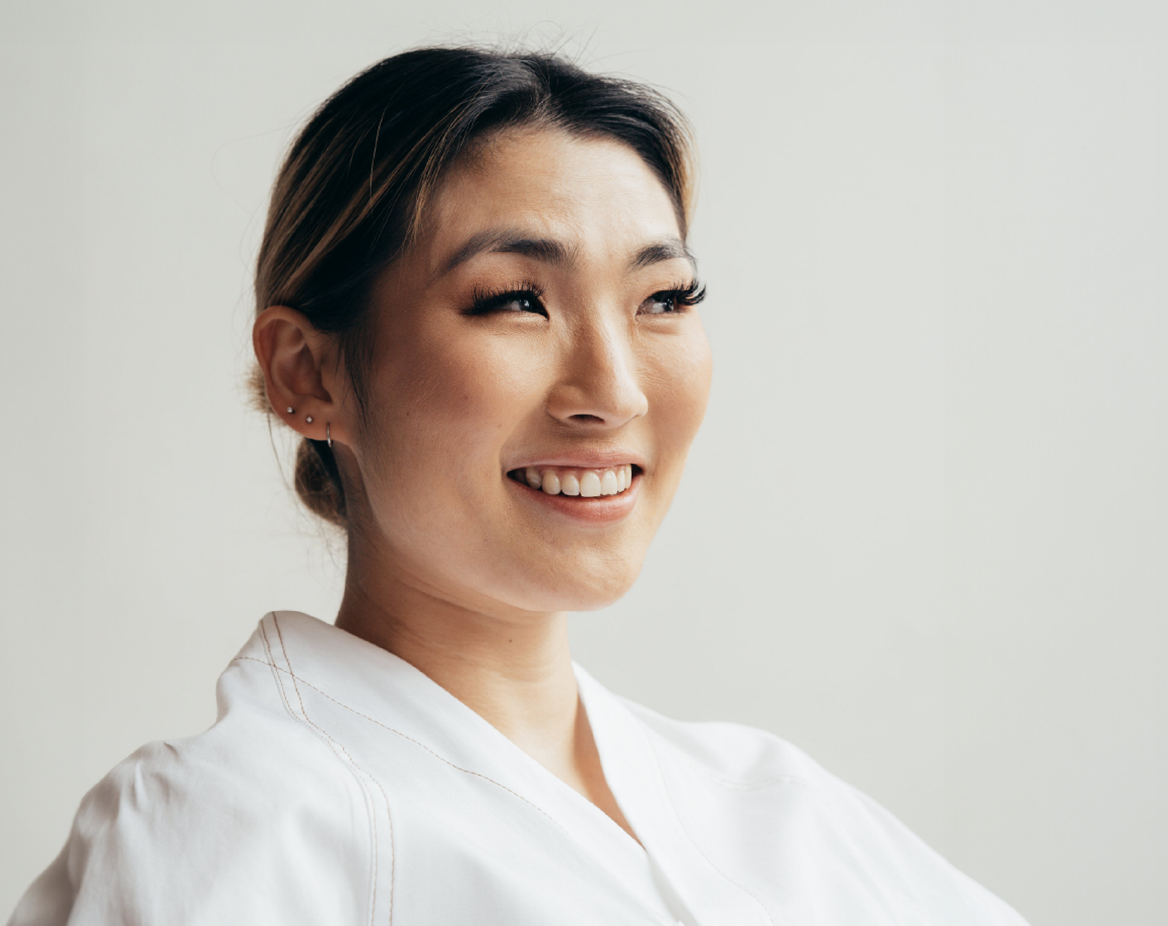
两项已发表研究的数据以及我们更新的内部数据用于提供每个年龄段每个冷冻卵子的估计活产率。
然后,我们假设卵子的出生数呈正态(二项式)分布,根据您冷冻的卵子数量和冷冻年龄来计算生育 1 个或超过 1 个孩子的几率。点击每个结果下方的“了解详情”可查看基础数据并了解估计值的计算方式。.
We will continue to update and publish our internal data semiannually and we will update the published studies and data as more become available. For now, the consistency of the Cobo et al. and Doyle et al. studies provides a good indicator of chances for success, particularly among women freezing their eggs before their 38th birthday. For women over 37 years old at the time of freezing, data are still limited.
Spring Fertility’s, Dr. Gaya Murugappan was awarded the Private Practice Research Award at the 2023 Pacific Coast Reproductive Society’s Annual Meeting for her paper, “Clinical Utilization and Outcomes over Eight Years Following Oocyte Cryopreservation.” Dr. Murugappan’s research shows that while all women were able to achieve successful babies from frozen eggs, that after age 37, embryo development rates in frozen/thawed eggs decline more significantly than would be expected based on age alone. This indicates that there may be a structural component in eggs that begins to degrade after age 37, results in a decreased ability to fertilize and develop normally post-freeze/thaw. This doesn’t mean that egg freezing won’t work after age 37, but that the rate of decline becomes steeper at that age. It is important to speak with your fertility clinic about your individual chances of success based on their data and have an open conversation about how best to support your goals.



